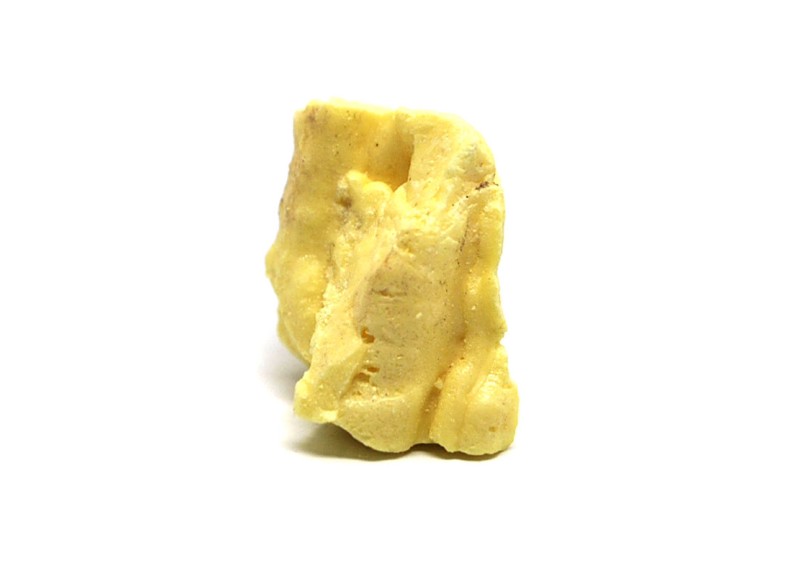
Sulfur, denoted by the symbol "S" on the periodic table, is a non-metallic element known for its characteristic bright yellow color in its elemental form. It has a distinctive odor, often described as similar to rotten eggs, which is due to the presence of sulfur compounds like hydrogen sulfide. Despite this association, sulfur is a fundamental element with a wide array of uses and is essential to life as we know it. Its impact spans from biological processes to industrial manufacturing and agricultural practices. Sulfur’s versatility and abundance make it an indispensable component of the natural world and human technology
Sulfur is a vital macronutrient, indispensable for life. It is a constituent of two crucial amino acids, methionine and cysteine, which are the building blocks of proteins. Without these amino acids, our bodies could not synthesize the proteins necessary for cellular functions, tissue repair, and overall growth. Sulfur is also a component of certain vitamins, like biotin and thiamine, which play important roles in metabolism. Furthermore, sulfur is vital in the structure of several essential enzymes that catalyze various biochemical reactions. While we do not directly absorb elemental sulfur, we obtain it from sulfur-containing compounds in our diet, primarily from protein-rich foods. Therefore, sulfur plays a critical, yet often overlooked, role in maintaining life
The most significant industrial use of sulfur lies in the production of sulfuric acid (H2SO4), a highly corrosive and reactive chemical compound. Sulfuric acid is one of the most widely produced industrial chemicals, used in the manufacture of fertilizers, detergents, plastics, pharmaceuticals, and numerous other products. The demand for sulfuric acid is a good indicator of industrial activity globally. Additionally, sulfur is crucial in the vulcanization of rubber, a process that makes it stronger, more elastic, and more resistant to wear and tear. This application has been essential for the development of the automotive industry, as it improves the durability of tires and other rubber components. Moreover, sulfur plays a part in the production of various chemicals, pigments, and in the processing of minerals. Its reactivity makes it an important component in numerous chemical manufacturing processes
Sulfur is a key nutrient in agriculture, vital for healthy plant growth. It is a key component of chlorophyll, the pigment responsible for photosynthesis, and it is essential for protein synthesis in plants. Sulfur deficiency in soil can lead to yellowing leaves, stunted growth, and reduced crop yields. Therefore, sulfur is a component in many fertilizers and is applied directly to the soil as a soil amendment. In organic agriculture, sulfur is often used as a natural fungicide and pesticide, aiding in controlling diseases like powdery mildew and fungal infections, and deterring certain insects. Its dual role as both a nutrient and a control agent makes it invaluable for sustainable agricultural practices
Sulfur’s versatile nature lends itself to a number of other applications. It is a key component in the production of matches and gunpowder, where it serves as a fuel and accelerant. In some medicinal applications, sulfur is used topically to treat skin conditions like acne and eczema. Additionally, certain sulfur compounds are used in the production of dyes and pigments, giving vibrant colors to textiles and other products. Even in winemaking, sulfur compounds are used in the process of preserving wine, preventing spoilage and oxidation. These diverse uses highlight the pervasiveness of sulfur in various aspects of human life and technology
Sulfur, often taken for granted, is an element of fundamental importance across numerous domains. From its crucial role in the biological processes of living organisms to its indispensable applications in industrial production and agricultural practices, sulfur impacts nearly every facet of our world. Its versatility and abundance make it an element of immense practical importance. While some sulfur compounds can be toxic, the proper handling and utilization of sulfur are essential for supporting life and driving progress. It’s a reminder that sometimes, the most common elements play the most critical roles in our world